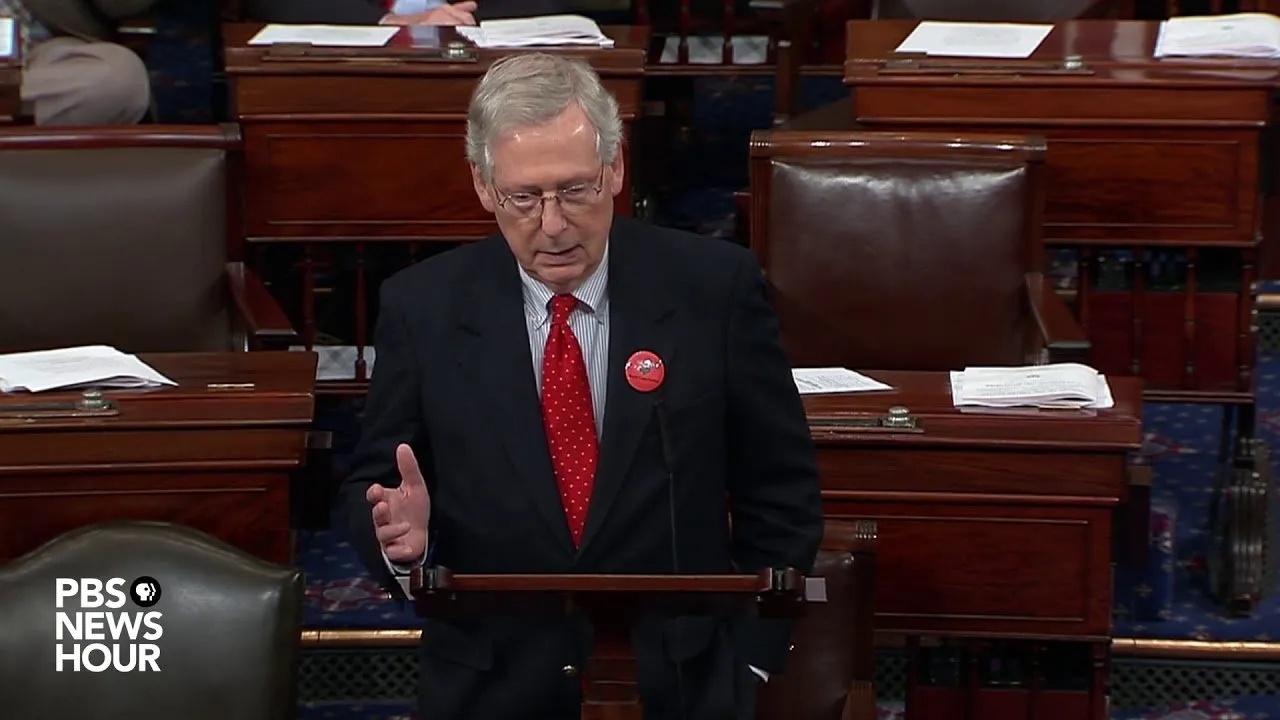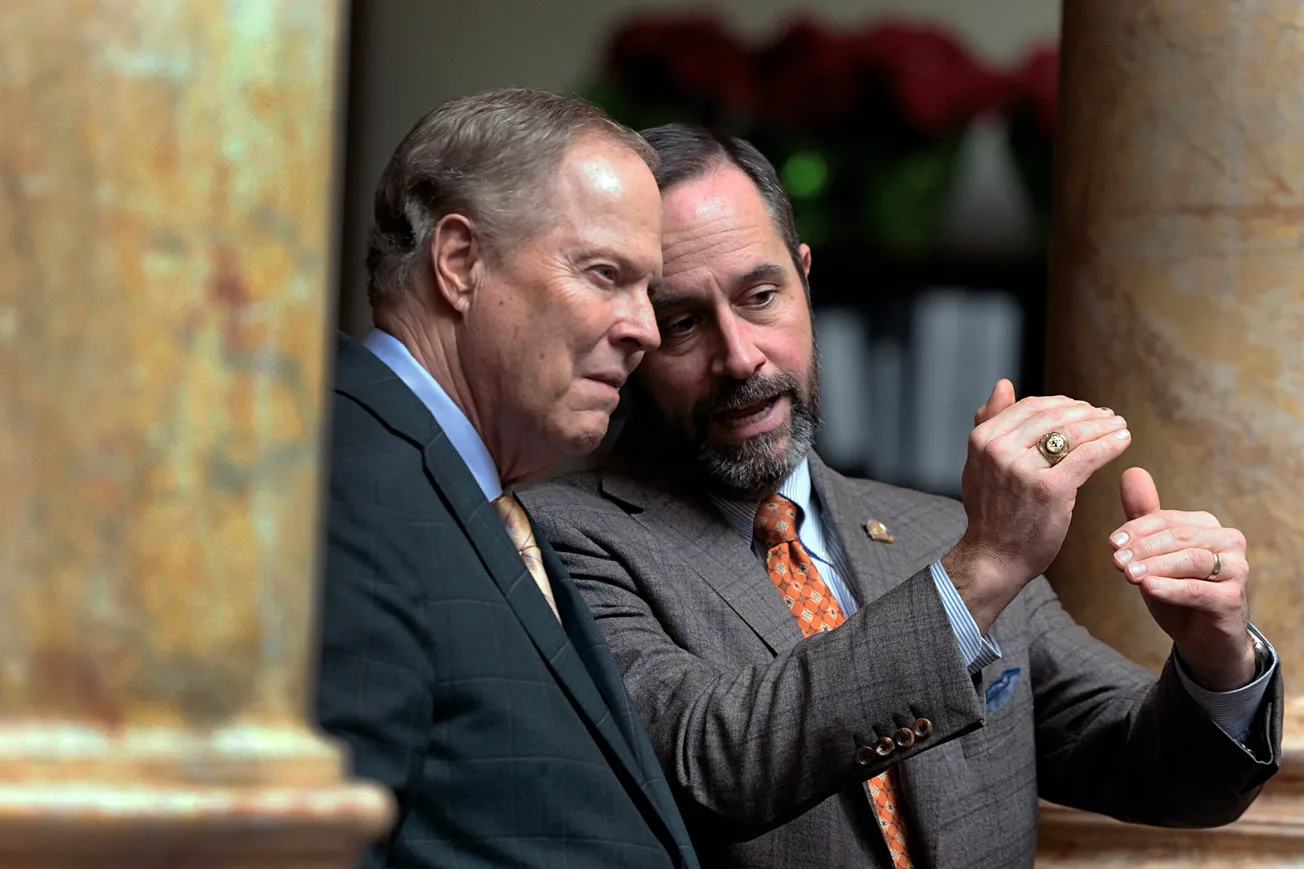Table of Contents
The Republican Party has fully become a cult of personality. There’s not even a pretense of a party platform. The party platform is veneration of, complete devotion to, and obedience to Donald Trump.
Steve Schmidt on MSNBC’s
“The Eleventh Hour with Brian Williams”
Murray State University historian Bill Mulligan doesn’t mince words about Donald Trump.
The professor says he knows of no other president who tried to create “a cult of personality that would elevate him above the Constitution and the normal political discourse that has characterized our nation throughout its history.”
George Washington and Franklin D. Roosevelt were among our most revered presidents. Both rejected the notion of a cult of personality, said Mulligan, who has taught at Kentucky’s westernmost university for 27 years.

Added Mulligan, who is also an author: “If there was a president who could have been the focal point of a cult, it would be Washington, but he believed in democracy, and as his life unfolded came to see the conflict between principles of the nation and slavery.”
Mulligan said the first president can be faulted for not doing more to end slavery. “But he deserves fulsome praise for his efforts to prevent the cult of personality. … All our subsequent presidents have been guided by Washington and his devotion to the democratic republic established by the constitution.”
Elected in landslides four times, FDR was “perhaps the closest any president came to being the object of a cult of devotion … as he led the New Deal to bring the nation out of the Great Depression,” Mulligan said.
Numerous accounts “showed farmhouses and working-class homes with two pictures on the wall – Jesus Christ and Franklin Delano Roosevelt. But Roosevelt did not establish a cult, and when he did try to change the constitutional structure by adding justices to the Supreme Court, even members of his own party stood up and said no. And that idea died, as well it should have.”
In stark contrast to Washington and the Democratic Roosevelt, Mulligan notes that “Trump claims ‘Only I can fix things,’ issues executive orders when Congress does not do his will quickly enough, and calls his opponents vile names and enemies. He even suggests that the opposition party does not love our country.”
However, Mulligan said the roots of Trumpism go back at least half a century “to efforts to use race, especially dissatisfaction with social change that has improved both the status of African-Americans and women, as a political lever. What he has done is play to this increasingly overtly, and create a base that does, in fact, see him as the only one who can solve the nation’s problems.”
Yet Mulligan thinks the future doesn’t belong to Trump and the Ever-Trumpers. “Trumpism does not appear to have significant traction among the young and seems to have increasingly less appeal to women across the board. The risk is real, but it is finite.”
Though he thinks Trumpism rests on a foundation ill-suited for longevity, he cautioned, “The one caveat is, of course, that the more Trump is empowered by Republicans in Congress, who should stand up to him and say, ‘no, you cannot do that,’ but who fail to do so, there is a chance that elections may be corrupted or delayed, and a majority [of voters] could become irrelevant.”
Mulligan warned that “the real danger is not that he will win over the majority of Americans who remain committed to our nation’s ideals and are trying, imperfectly, to work towards realizing them — and polls show growing white awareness of racial injustice as a serious issue — but that Trump’s supporters, in their desire to retain political power for themselves and their party, will permanently break the carefully crafted checks and balances our founders created.
“God save the United States.”
–30–







